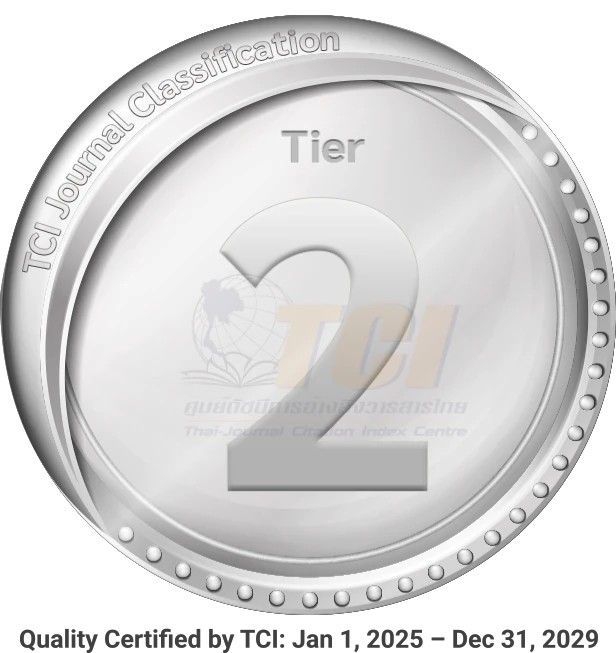Thai Tourism and Hospitality Education: Current Conditions and Strategic Directions
Abstract
Tourism and hospitality is an important economic sector supplying both national income and employment to a country like Thailand. The country has problems with its skilled labor available in the tourism sector due to rather insufficient quality of educational outputs in mathematics and science. Improvement of tourism and hospitality education is currently needed. An increasing demand for qualified workforce from the industrial sector has caused a shift in tourism and hospitality skill training from vocational education to higher education with an emphasis on development of generic skills. In Thailand, tourism and hospitality higher education is popular, as seen in 288 programs being operated in 56 public and 38 private universities. With inability to keep pace with industrial changes, Thai tourism education has still focused on development of technical skill training while not paying much attention to generic or transferable skills. Students choosing to study tourism have to go through challenges in academic background and new demands in a tourism career; they tend to be not well-motivated and not well-aware of expectations in the work place. This paper reports current tourism human resource conditions under which Thai educators need to put more efforts in developing generic qualifications in learners. Strategic directions of the field were also suggested in this paper.



